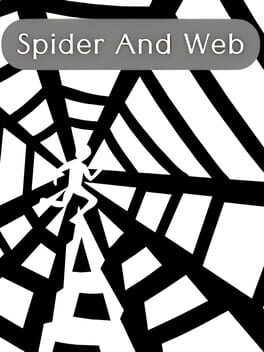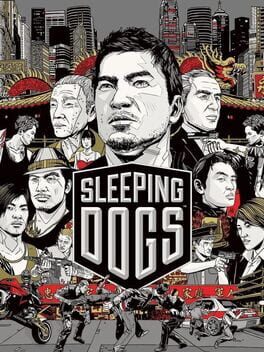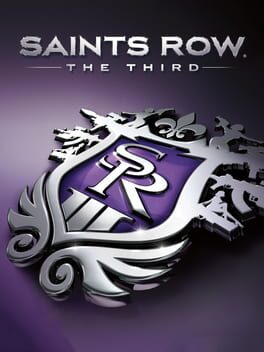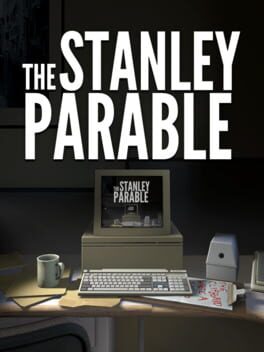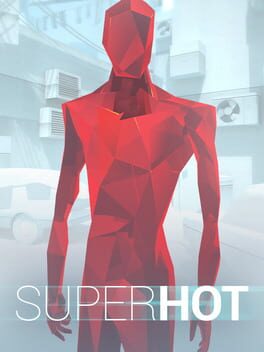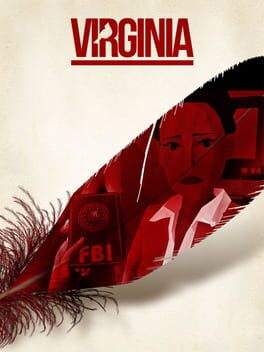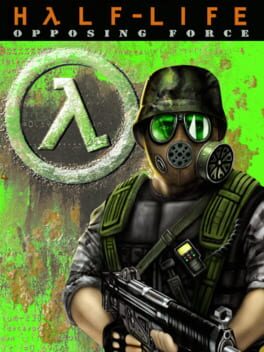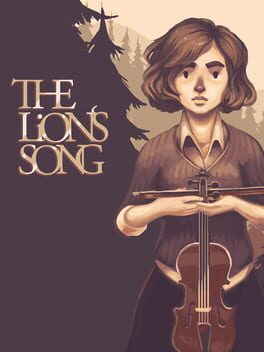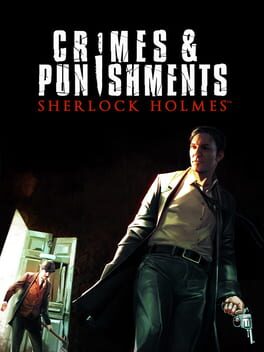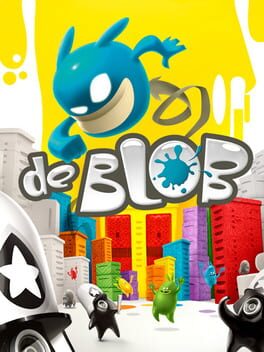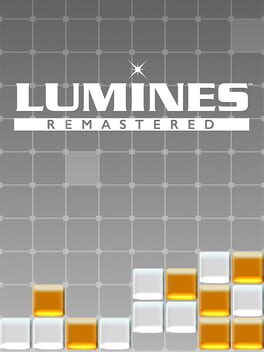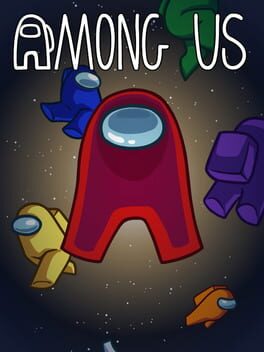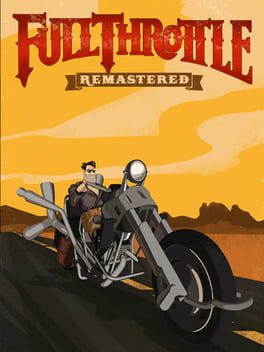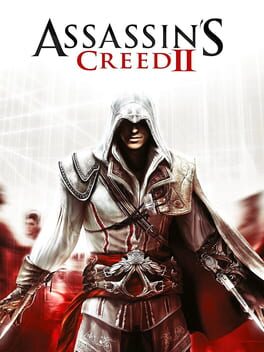tvwolfsnake
1998
2012
ACAB so I shouldn't have bothered but I got so into roleplaying an Actually Good undercover cop that I would instinctively reload missions if I caused collateral damage.
Anyways: imagine if GTA actually encouraged you to do wild shit, and more easily facilitated wild shit, without going completely cartoonish like SR3. (Not that SR3's cartoonishness is a bad thing.) Imagine if GTA had a good hand-to-hand combat model. I think it's kind of silly that this game even introduces guns for the player in the later game, but it almost feels like an intentional ploy to make the hand-to-hand seem even stronger than it already is.
Anyways: imagine if GTA actually encouraged you to do wild shit, and more easily facilitated wild shit, without going completely cartoonish like SR3. (Not that SR3's cartoonishness is a bad thing.) Imagine if GTA had a good hand-to-hand combat model. I think it's kind of silly that this game even introduces guns for the player in the later game, but it almost feels like an intentional ploy to make the hand-to-hand seem even stronger than it already is.
2013
2016
2016
Takes Half-Life's playful ribbing of the player to the point where it gets kinda mean, but in a fun way. Unfortunately I lost all motivation to continue near the end of Crush Depth when I ran into the bug where the deagle permanently jams underwater, which somehow hasn't been fixed in 21 years. Hopefully I can return soon.
2016
So torn on this game, which does a great job of adapting the feel of detective fiction in general and Holmes in specific but is also simultaneously way too hand-holdy, undercutting much of the joy the player might have in figuring it out themself, and has resolutions that feel kind of unfair, like flipping to the back of the Encyclopedia Brown book so Donald J. Sobol can tell you that actually there isn't One Clue That Unravels It All, but instead Master Brown is a licensed psychologist.
And like hey, given the title and certain themes, that might be the point! However, the game hasn't really pushed strongly enough in that direction for me to give it the benefit of that specific doubt.
The episodic nature is a strength, though.
And like hey, given the title and certain themes, that might be the point! However, the game hasn't really pushed strongly enough in that direction for me to give it the benefit of that specific doubt.
The episodic nature is a strength, though.
2006
2008
2018
2018
On my first play session I won as solo impostor 3 times.
As someone famously terrible at hidden role games and bluffing in general, this was an object lesson in how well this game is designed. For every "sure thing" there's at least one way you can cast reasonable doubt, and this continues like three levels deep in the meta.
Pro tip: do not drink coffee before you play Among Us.
As someone famously terrible at hidden role games and bluffing in general, this was an object lesson in how well this game is designed. For every "sure thing" there's at least one way you can cast reasonable doubt, and this continues like three levels deep in the meta.
Pro tip: do not drink coffee before you play Among Us.
2009
I have started this game at least three times and I've never gotten past Venice. Something always gets in the way. My PS3 broke entirely. It's cursed.
Anyways, I still think the in-universe justification of gamey elements as being artifacts of a simulation—and notably a non-literal representation of that simulation—is pretty neat and from what I've seen of later games this (and probably AC1, which I haven't played) is the only one to really get it right. The "literally a game made by Abstergo" thing is too, well, literal for my taste.
Anyways, I still think the in-universe justification of gamey elements as being artifacts of a simulation—and notably a non-literal representation of that simulation—is pretty neat and from what I've seen of later games this (and probably AC1, which I haven't played) is the only one to really get it right. The "literally a game made by Abstergo" thing is too, well, literal for my taste.
